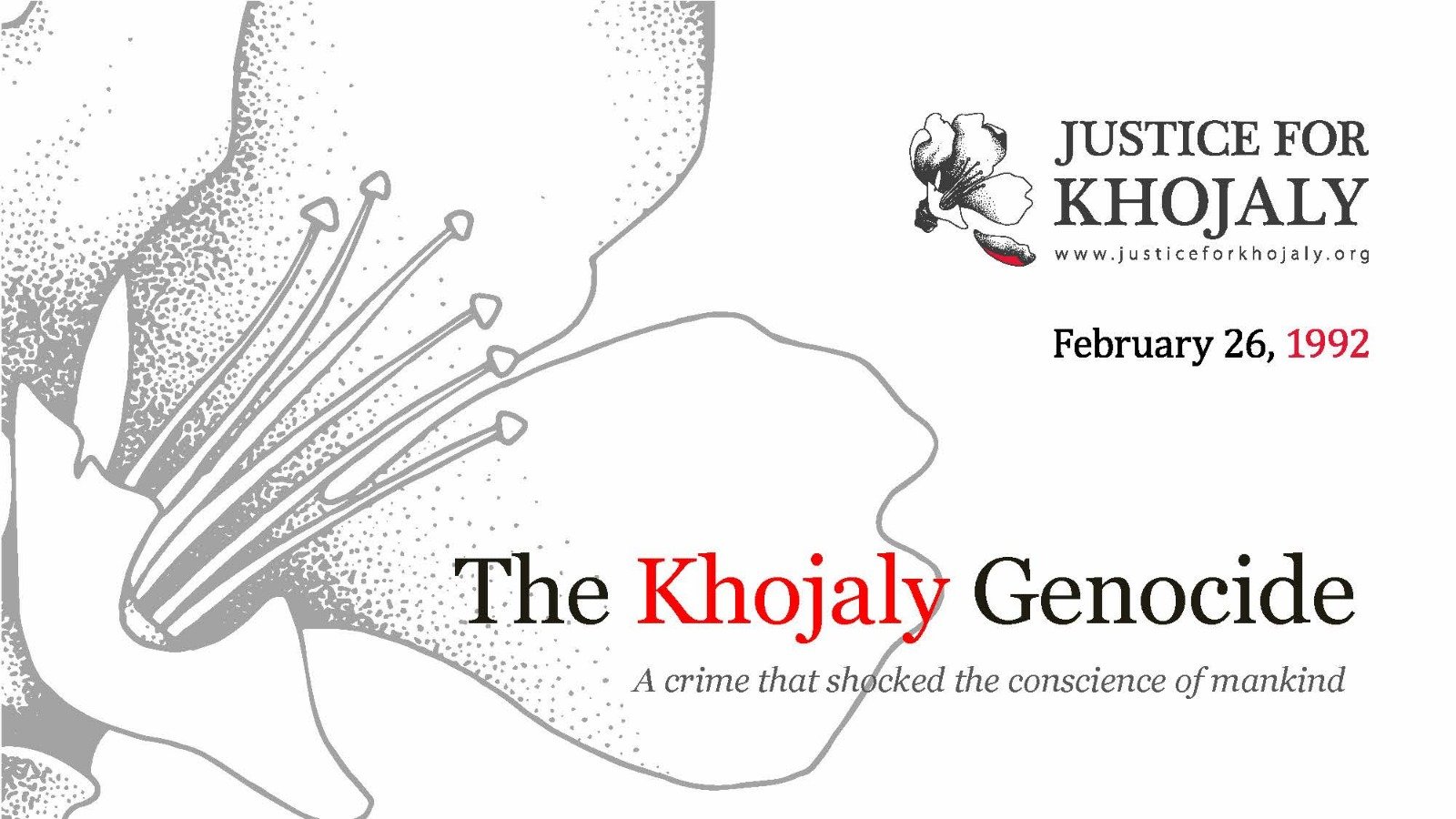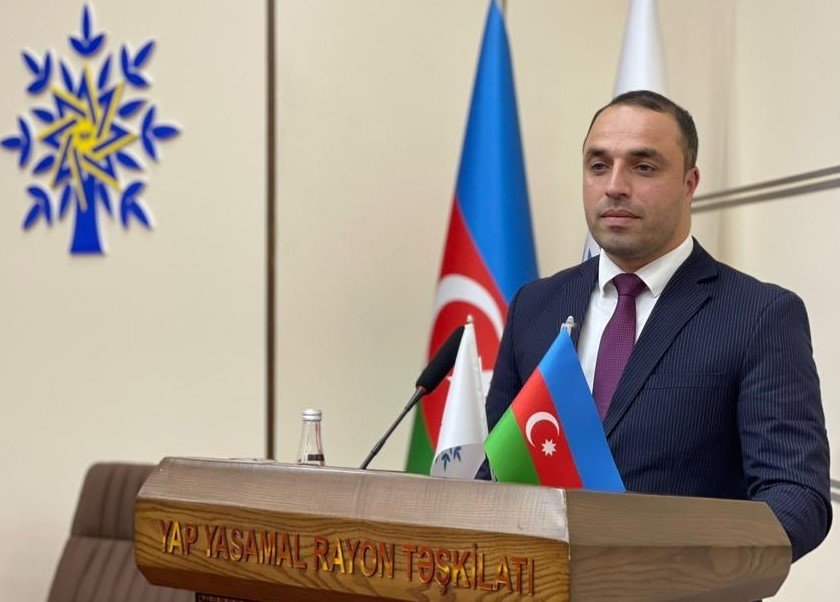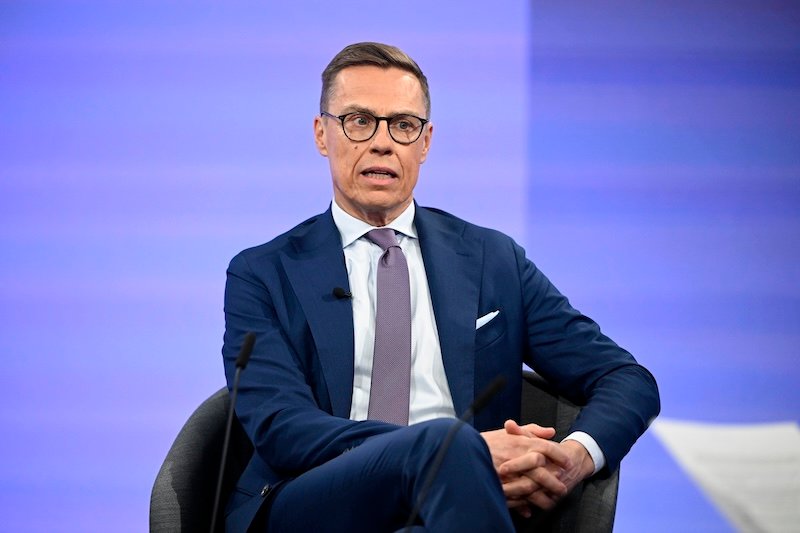The annual Conference of the Parties (COP) to the United Nations Framework Convention on Climate Change (UNFCCC) symbolizes the global ambition to tackle climate challenges, with COP29 set to unfold amidst mounting climate catastrophes, economic disparities, and ideological divides. While COP gatherings are ostensibly committed to planetary preservation and climate justice, many argue that they perpetuate a neoliberal agenda prioritizing economic growth over ecological resilience. The rhetoric of “climate justice” is increasingly viewed by critics as co-opted by the same neoliberal framework that has fueled ecological degradation. Since the rise of neoliberalism in the 1980s, epitomized by policies under leaders such as Margaret Thatcher and Ronald Reagan, free-market ideologies have dominated global economic systems. This has significant implications for climate action, with COP conferences historically focused on accommodating economic interests rather than enacting stringent ecological protections. By emphasizing market-based solutions such as carbon trading, the COP framework has enabled wealthier nations and corporations to “offset” emissions without reducing their environmental impact, a strategy that aligns with neoliberal imperatives of profit maximization over ecological sustainability.
The Brandt Commission’s 1980 report, North-South: A Programme for Survival, set out to address global inequality but became enmeshed in neoliberal frameworks that prioritize development metrics rather than equitable resource distribution. Despite attempts to mitigate climate impacts through the Millennium Development Goals (MDGs) and, subsequently, the Sustainable Development Goals (SDGs), the structure has primarily served to reinforce global hierarchies. This raises a significant question: are the SDGs, as they are currently structured, genuine tools for environmental justice, or do they merely veil the continuation of the same economic practices that exploit the Global South?
COP summits are increasingly criticized for the prominent roles multinational corporations play in setting agendas and financing events, leading to questions about impartiality and corporate influence. Corporations actively sponsor political campaigns in both developed and developing nations, often supporting candidates who prioritize economic growth over environmental protection. This alliance between political leaders and corporate interests has muted grassroots calls for revolutionary change. In the context of climate change, the influence of large corporations suggests that COP meetings serve as instruments for consolidating neoliberal interests rather than addressing the root causes of environmental degradation.
Environmentalists and activists argue that COP’s approach favors corporate interests, which have entrenched themselves within UNFCCC forums to deflect attention from true ecological transformation. For example, postcolonial theorists observe that multinational corporations exploit former colonial regions, such as Mozambique, which recently received €2.5 million from Belgium to address losses from climate-induced disasters. However, as these corporations continue operations in high-emission sectors, aid funds are perceived as silencing tools rather than catalysts for change. In light of rising smog levels in South Asia, which result from unregulated industrial activities, the consequences of corporate-led growth raise critical questions about the sincerity of the COP process in addressing climate justice.
Marxist ecologists, such as Kohei Saito and John Bellamy Foster, argue that the market-driven approach to climate policy—evident throughout COP’s history—reflects a fundamental contradiction: the capitalist system cannot sustain environmental protection as it prioritizes accumulation and profit over planetary welfare. These scholars argue that the ecological crisis is, at its core, a crisis of capitalism, where environmental degradation is inevitable under a system that necessitates continuous growth. According to this view, the Loss and Damage Fund established in COP27 is symptomatic of how the Global North placates the Global South with financial aid rather than addressing the capitalist structures responsible for climate change. For Marxist ecologists, the Loss and Damage Fund merely placates affected countries, preventing a global uprising against the neoliberal structures driving ecological destruction.
Feminist and subaltern scholars provide additional insights into how climate change disproportionately affects marginalized communities and amplify demands for an inclusive climate justice framework. Feminist theorists argue that climate policies often overlook the specific vulnerabilities faced by women, who bear the brunt of climate-induced displacement, food insecurity, and economic disenfranchisement. These scholars advocate for intersectional approaches that account for gender, class, and racial disparities within climate discussions. Subaltern studies, on the other hand, emphasize how COP’s structure silences voices from indigenous and rural communities, who hold crucial knowledge about sustainable environmental practices yet are frequently excluded from high-level policy discussions.
From this perspective, the Loss and Damage Fund—although celebrated by Global South leaders as a victory—is viewed by critics as insufficient to address the root causes of climate injustice. The fund is a temporary fix within a framework that prioritizes stability in international markets over the well-being of affected populations, thus maintaining the status quo. By failing to include voices from indigenous and rural communities, COP perpetuates an exploitative cycle under the guise of assistance, reinforcing postcolonial power dynamics.
As COP29 convenes, activists, scholars, and policy critics call for a re-envisioning of climate politics that goes beyond neoliberal solutions. Climate justice, if approached through critical perspectives, entails more than financial transactions. It demands a fundamental restructuring of international power relations, market practices, and ecological policies. Marxist and critical theorists, such as Karl Polanyi and Mark Halsey, argue for a systemic transformation that would limit the market’s grip on environmental and social policies, advocating for ecological democracy where communities have genuine agency over their environments.
However, the Global North’s incremental contributions to climate funds suggest a preference for appeasement over reform. Contributions from Austria, Scotland, Belgium, Denmark, and Germany signify a token gesture rather than a commitment to dismantling structural inequalities. As a result, climate justice remains constrained within a neoliberal framework, where financial assistance does not translate into genuine autonomy or ecological empowerment for the Global South. To achieve a sustainable solution, climate negotiations must transcend market-based mechanisms and adopt a framework that recognizes ecological limits, equitable resource distribution, and community-driven initiatives. The current COP model, dominated by neoliberal interests, fails to address the urgent need for systemic change. A post-neoliberal approach to climate justice would entail redistributing power to communities, fostering an ecological solidarity that moves beyond exploitative economic models. This requires a paradigm shift from profit-driven “solutions” to an ethos of sustainability, inclusivity, and resilience. COP29 presents an opportunity to redefine global climate policies that move beyond the narrow confines of neoliberalism. Without a transformation of the structural inequalities perpetuated by the current system, the rhetoric of climate justice will continue to serve as a cover for exploitation. True climate justice necessitates a radical reimagining of economic priorities, with ecological preservation and social equity at its core. As climate crises escalate, the demand for a just, equitable, and inclusive climate framework becomes more urgent than ever, requiring the global community to confront its complicity in perpetuating systems of oppression and environmental degradation.

Prof. Dr. Muhammad Shakeel Ahmad is Chief Executive of Global Strategic Institute for Sustainable Development (GSISD).













